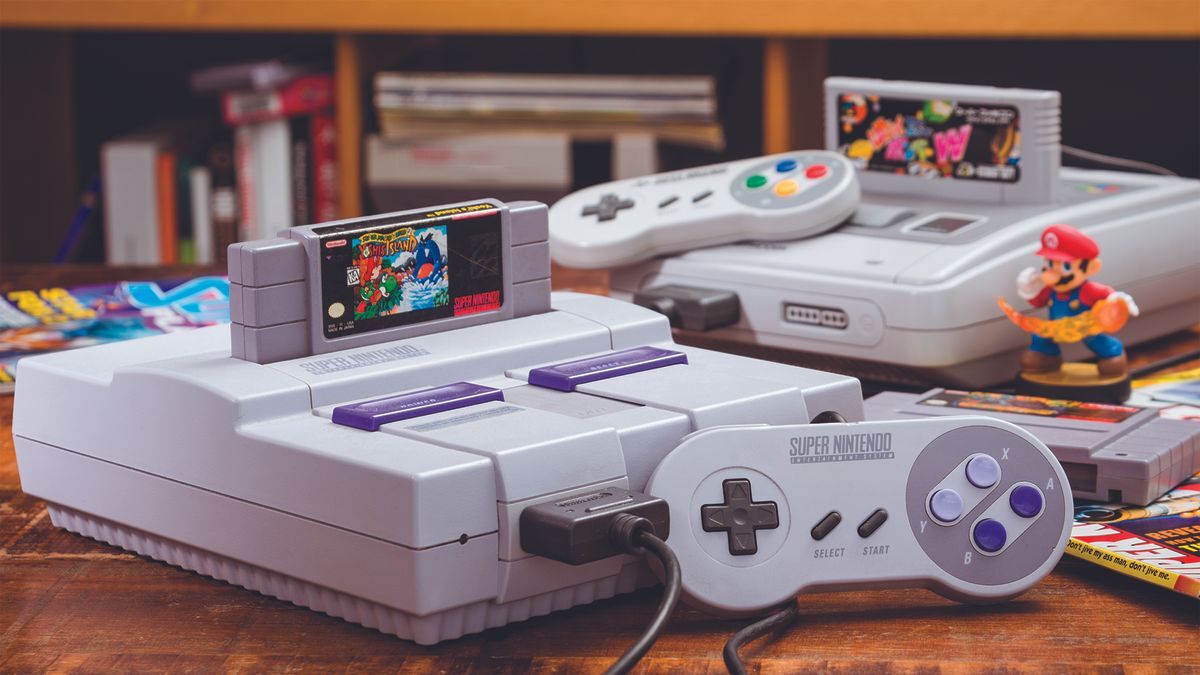

It can mean that, but it’s also possible that he already had psychological issues. While the entire thing stinks and my first instinct is to assume foul play as well, it’s still important not to jump to conclusions. The reason is simple: If there’s a real case of corporate murder, then people will take it less seriously due to past conspiracy theories.





Also for decades, Linux has had awful drivers for graphics cards (among other things) and godawful usability. It’s not like Linux would have taken over the desktop computer market in 1998. Have you ever tried installing a vintage distro? It’s a nightmare.